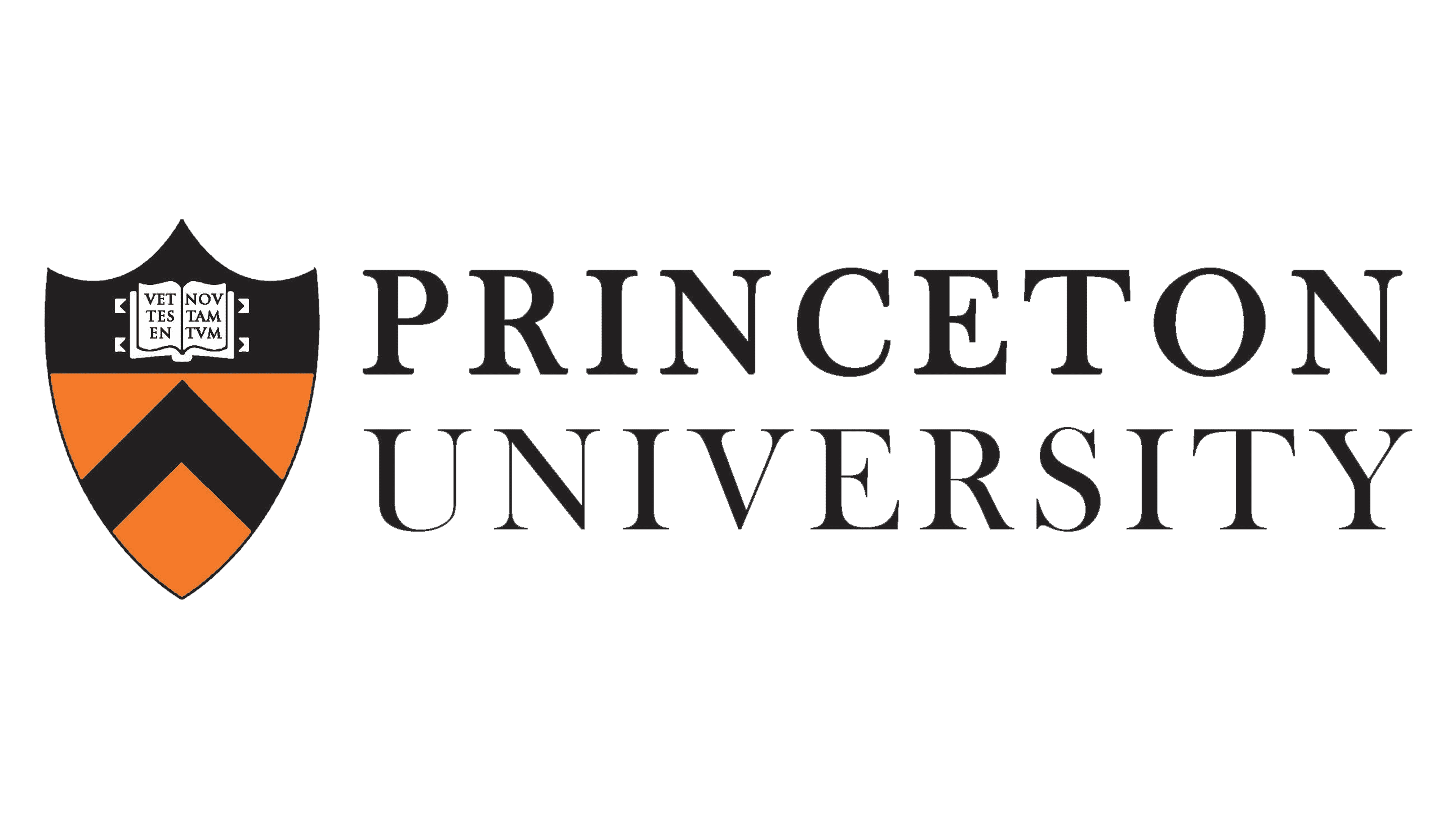Founded in 1746, Princeton University stands as one of the oldest and most prestigious institutions of higher education in the United States. Nestled in the serene town of Princeton, New Jersey, this private Ivy League research university spans an approximate 600-acre campus that exudes historical charm blended with modern academic facilities. With a modest undergraduate enrollment compared to other major universities, Princeton offers a more intimate educational environment, emphasizing strong student-faculty relationships and a tight-knit community.
Princeton University distinguishes itself through its unique blend of esteemed traditions, groundbreaking research, and commitment to undergraduate teaching. The university is renowned for its undergraduate-focused approach, where small class sizes and seminar-style teaching are the norms. This educational model is complemented by the senior thesis requirement, an opportunity for students to undertake rigorous, independent research that culminates their scholarly pursuits in their final year. Princeton has also made pivotal contributions to areas such as plasma physics, through its Princeton Plasma Physics Laboratory, and public policy, with the renowned Woodrow Wilson School of Public and International Affairs establishing itself as an influential think tank and educational program.
The university's commitment to excellence is evident not just in the wealth of resources it provides to its students but also in the outcomes. From Nobel Laureates and Fields Medalists among its alumni and faculty to consistent high rankings in various academic disciplines, Princeton's reputation for intellectual leadership is well-established. Its alumni network is illustrious and impactful, contributing significantly to all sectors of society, from politics and public service to science and the arts. Princeton's dedication to service and community is also seen in its generous financial aid programs, which support socio-economic diversity by offering grant-based aid as opposed to loans, underscoring Princeton's principle of access and affordability.
Despite its many strengths, Princeton University is not without its challenges. The intense competition for admission has made it one of the most selective universities in the world, which can discourage highly qualified but risk-averse applicants. The pressure to maintain its prestige can lead to a high-stress environment for students seeking to meet the university's academic and extracurricular standards. Additionally, while Princeton has made strides toward diversity and inclusivity, like many institutions of its caliber, it continues to grapple with representation across its student body and faculty lines. Balancing tradition with the need for innovation and inclusivity in a rapidly changing world remains a persistent challenge for the historic institution.



